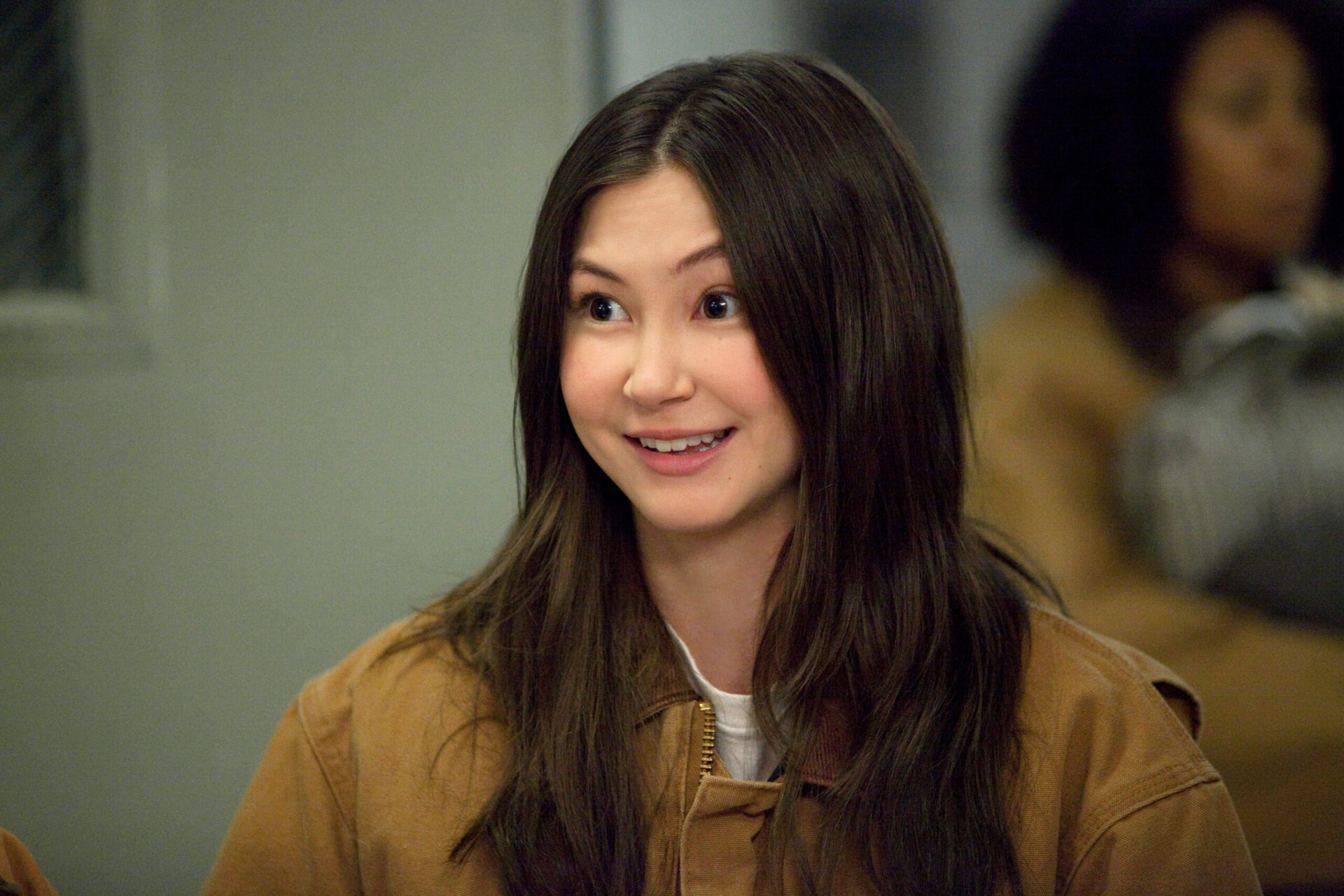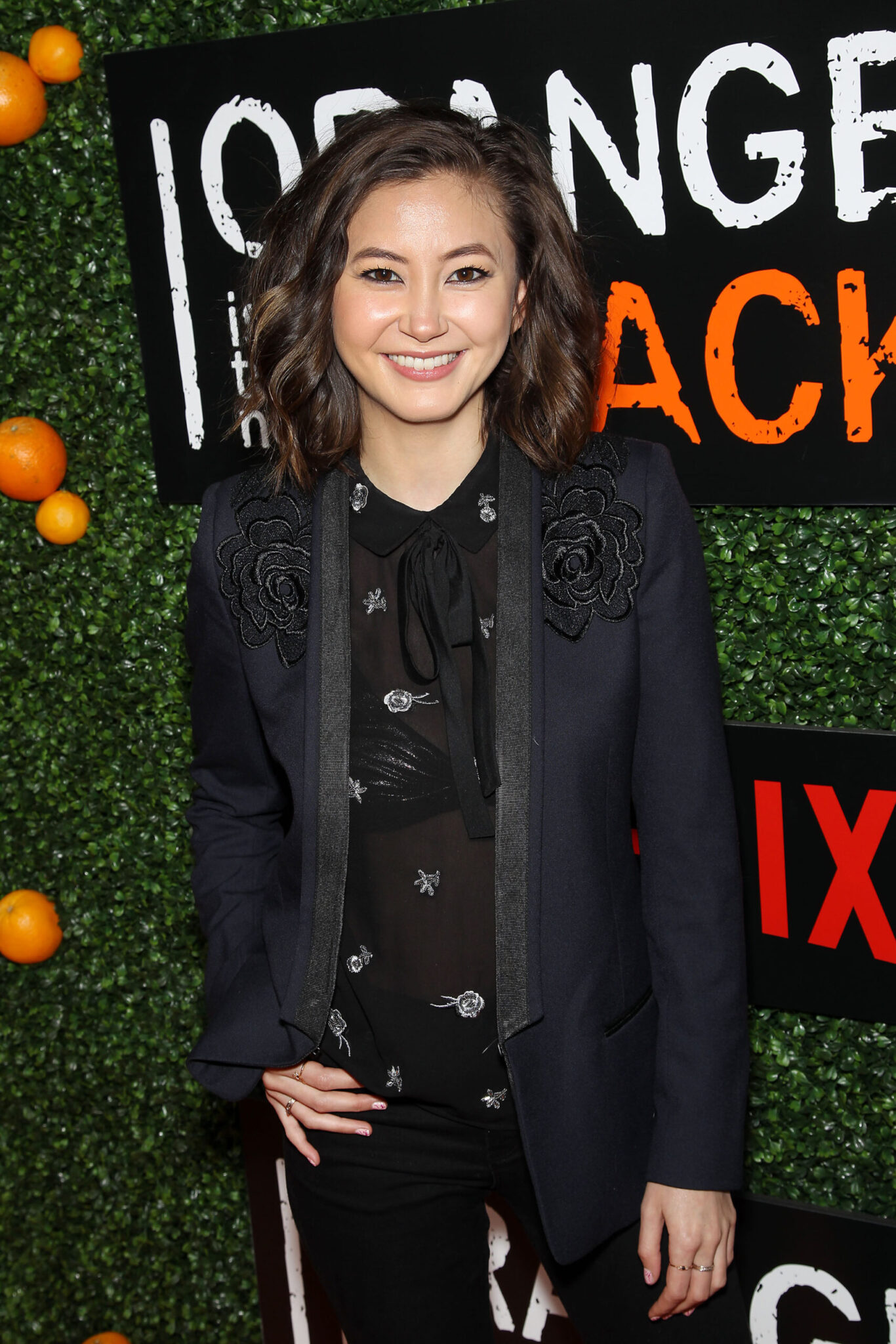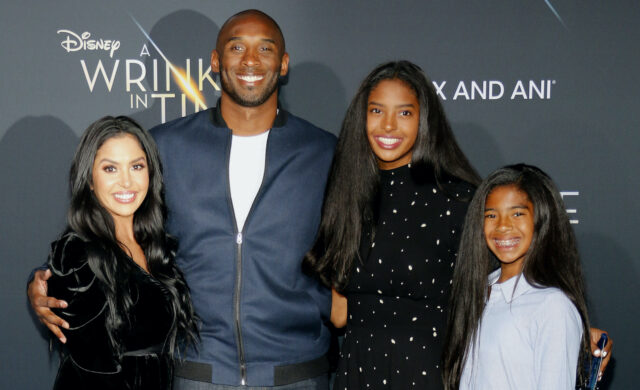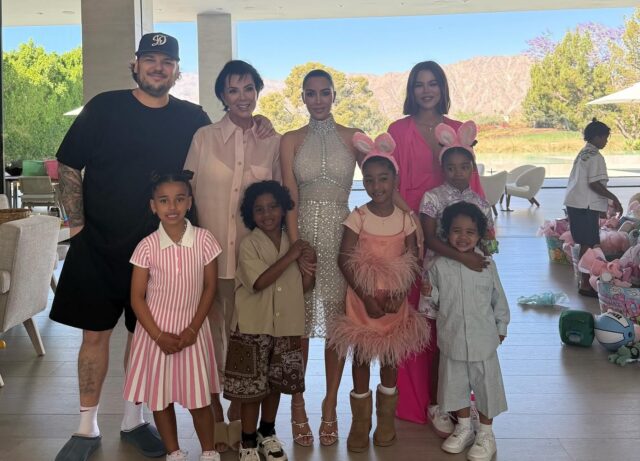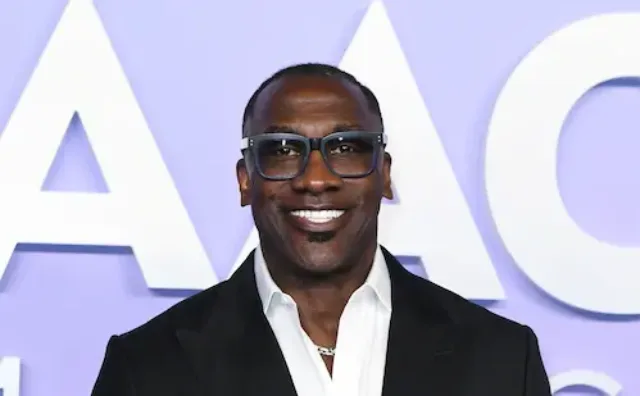Kimiko Glenn From Orange Is the New Black Reveals How Little the Cast Made
Amidst the screen writer’s strike, Orange is the New Black star Kimiko Glenn shared her experience with the pay disparity in showbiz.
Known for her role as the charming Brook Soso, Kimiko Glenn revealed the meager pay she and her co-stars received for their work in the hit drama. Her most recent foreign royalties check came in at a paltry $27.30, a jaw-dropping figure for someone who graced the screens in such a successful series.
@itskimiko why #sagaftra is striking #sagaftrastrong #sagaftrastrike #sagstrike ♬ original sound – kimiko
But the revelations didn’t stop there. Kimiko went on to paint a vivid picture of the economic struggle that many of her co-stars faced. “We did not get paid very well, ever,” she exclaimed, leaving no room for doubt. Despite being internationally famous, some of the actors still had to work as bartenders and take up second jobs just to make ends meet. It’s a shocking truth highlighting a major issue behind the joint SAG/WGA strike: streaming platforms, like Netflix, offer little to no foreign royalties for shows continually available to stream.
@itskimiko @The New Yorker released an article the other day describing many of our cast’s experience on #orangeisthenewblack and the details will astound you. go to my IG for the link 💕💕 #sagaftra #sagaftrastrike #sagstrike #sagaftrastrong ♬ original sound – kimiko
Unlike traditional TV, where re-aired episodes brought steady income, streaming projects leave many talented stars struggling to make ends meet between gigs. Addressing comments that attempted to downplay the significance of residuals by emphasizing upfront payments, Kimiko delivered a powerful retort. “My t*ts live on in perpetuity [and] I deserve to get paid for as many f*king streams as that sh*t gets,” she stated, highlighting her topless scenes. “Second of all, we did not get paid very well ever. And when I say ‘did not get paid very well,’ you would die.”
Her revelations coincide with a recent eye-opening article by The New Yorker, exposing the unfair compensation practices prevalent in Orange is the New Black. When the series first hit Netflix screens in 2013, it revolutionized the streaming era, paving the way for original content. However, as the platform soared in popularity, the actors’ contracts failed to keep up, leaving them underpaid and undervalued.
Adding to the drama, some actors revealed a troubling pay disparity between the white leads and those from minority backgrounds. While the series’ success filled the pockets of executives and Netflix’s CEO with millions, some of its stars were barely scraping by.
However, this isn’t about a series. Kimiko made it clear that this exploitation extends beyond Netflix’s walls. It’s an industry-wide problem, and actors are fighting for change. The ongoing SAG-AFTRA strike, initiated on July 13, is a historic moment as actors and the Writers Guild of America unite against the Alliance of Motion Picture and Television Producers.
As the battle unfolds, solidarity is key. Kimiko emphasized the importance of unity across unions and industries, acknowledging that this is not just a fight for actors but for everyone in the entertainment world.
The struggle for fair pay in the entertainment industry isn’t a new story, but it remains a pressing issue as streaming services continue to reshape how we consume media. As the actors’ strike unfolds, it is a powerful reminder that even the most famous faces can be victims of an unjust system.

